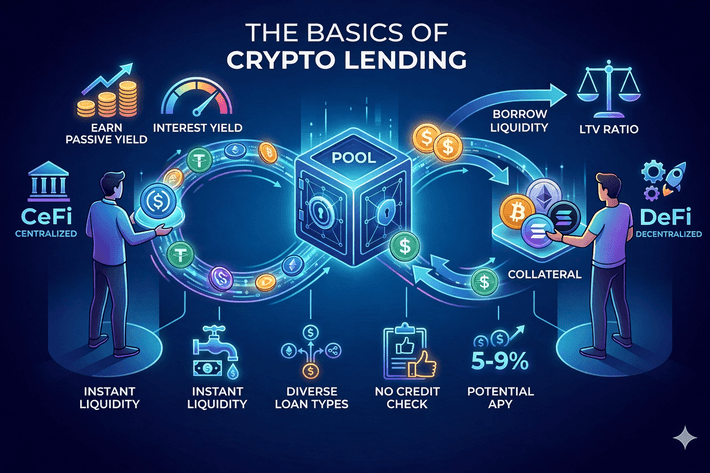When Do Student Loans Start Accruing Interest?
Did you know that 46.2 million people in the US have student loan debt? This means that one in seven Americans has some outstanding debt relating to their studies.
According to some statistics, the cumulative debt of all federal and private student loans in the US is around $1.74 trillion. That’s a lot of debt, and the largest part of it comes from the interest that keeps piling up on those loans.
How Student Loan Interest Works
Simply put, a student loan is money you borrow to pay for your studies. As with any other type of loan, you are expected to repay that money in the future.
As soon as your financial institution disburses the funds to you or the school, the interest starts accruing. The interest rate is calculated as a percentage of your current principal and can be either fixed or variable.
As the name suggests, the fixed rate stays the same throughout the whole lifetime of the loan, while the variable one may go up or down depending on various market conditions.
Whether you have a federal or a private student loan, you will be charged an interest rate for borrowing the money.
Federal Student Loans
Federal student loans are those backed up by the federal government. They can be split into two main categories: direct subsidized loans and direct unsubsidized loans. Here’s how they work:
Direct Subsidized Loans
Direct subsidized loans are issued to undergraduate students whose families cannot afford to cover their educational costs.
One of the main benefits of these loans is that the unpaid interest does not accrue as long as the student is enrolled in school at least half of the time.
After the student has just finished graduation, there is a student loan grace period of six months.
Direct Unsubsidized Loans
Direct unsubsidized loans are available for all undergraduate and graduate students, regardless of their financial status.
With these loans, students are responsible for the interest from the moment the loan is disbursed and until it’s paid in full. With these loans, the unpaid interest gets added to the principal loan amount, so it’s best to pay them off as quickly as possible.
Federal Student Loan Rates
Now that we know how subsidized and unsubsidized loans work let’s see the interest rates for 2026.
If your loan was disbursed on or after July 1, 2021, and before July 1, 2024, this is the interest rate you can expect:
- The interest on student loans for undergraduate students with direct subsidized and direct unsubsidized loans is 5.50%.
- The interest rate for graduate and professional students with direct unsubsidized loans is 7.05%.
If your loan was disbursed before July 1, 2024, you should check the interest rate, as it will likely differ.
Private Student Loans
Private student loans are those issued by banks, online lenders, and credit unions. These are usually used by students that need a third-party loan servicer as they have already borrowed the maximum they could from the federal loans or couldn’t qualify for a federal loan in the first place.
Unlike federal loans, these loans require a credit check, and in most cases, students need a co-signer to qualify for a loan. We should also mention that the interest rates on student loans issued by private lenders are usually much higher than those on loans issued by government bodies.
Since there are many private student loan options available, it is crucial that you check the fixed and variable APR and the repayment and grace periods offered by the lender. Also, you should check if the lender charges any application or late payment fees so that you can keep track of any additional costs.
Albert Einstein is said to have identified compound interest as mankind’s greatest invention. That story’s probably apocryphal, but it conveys a deep truth about the power of fiscal policy to change the world along with our daily lives. Civilization became possible only when Sumerians of the Bronze Age invented money. Today, economic issues influence every aspect of daily life. My job at Fortunly is an opportunity to analyze government policies and banking practices, sharing the results of my research in articles that can help you make better, smarter decisions for yourself and your family.





